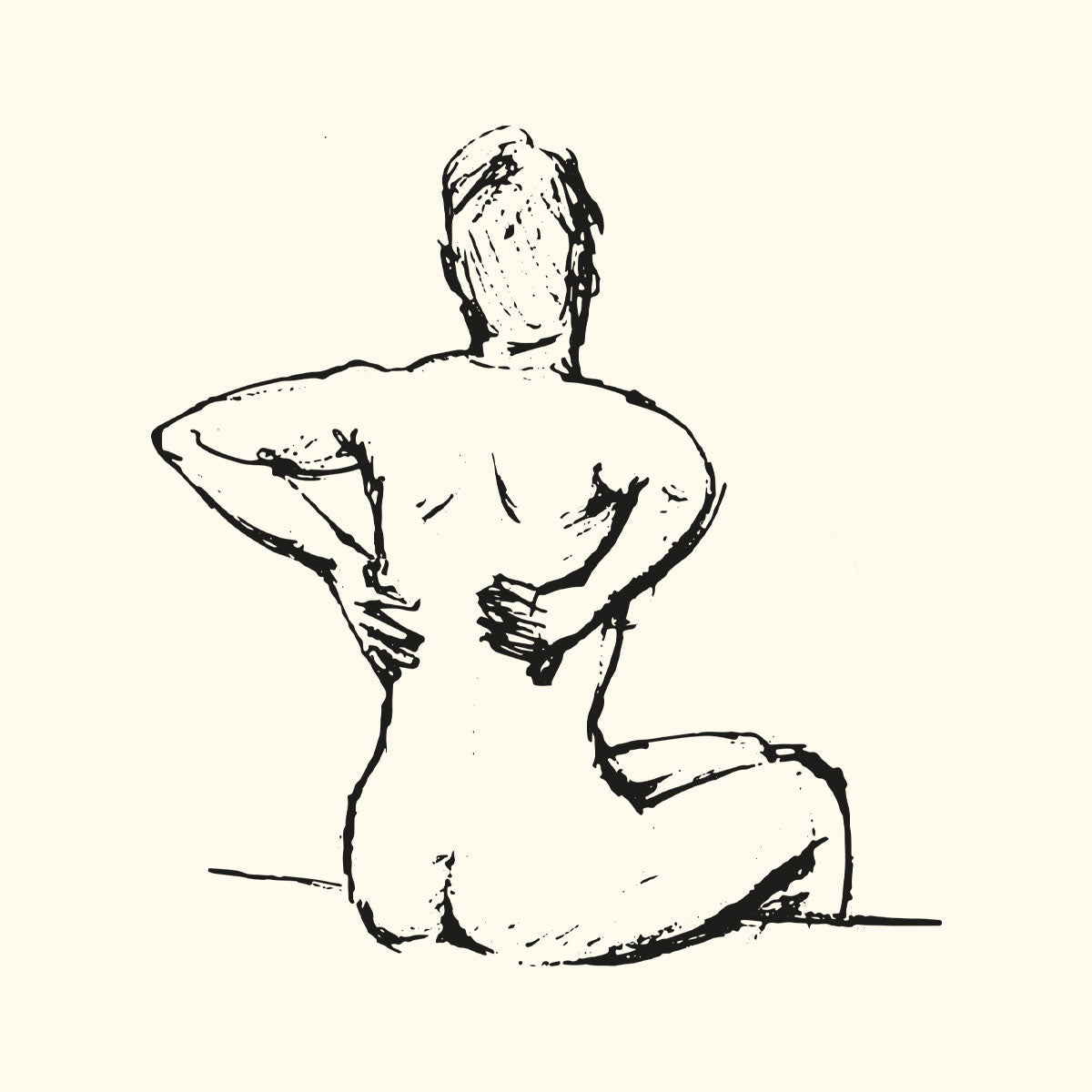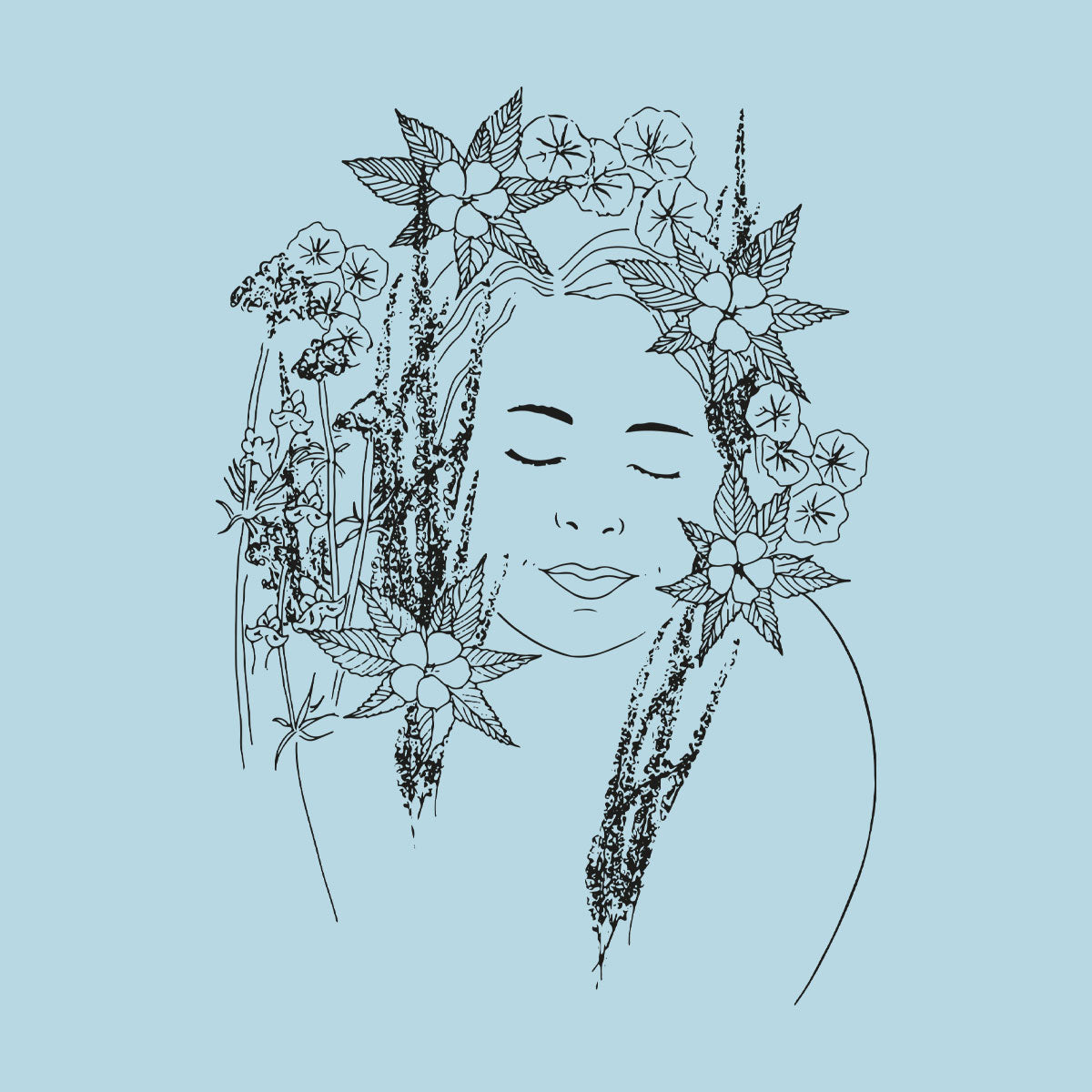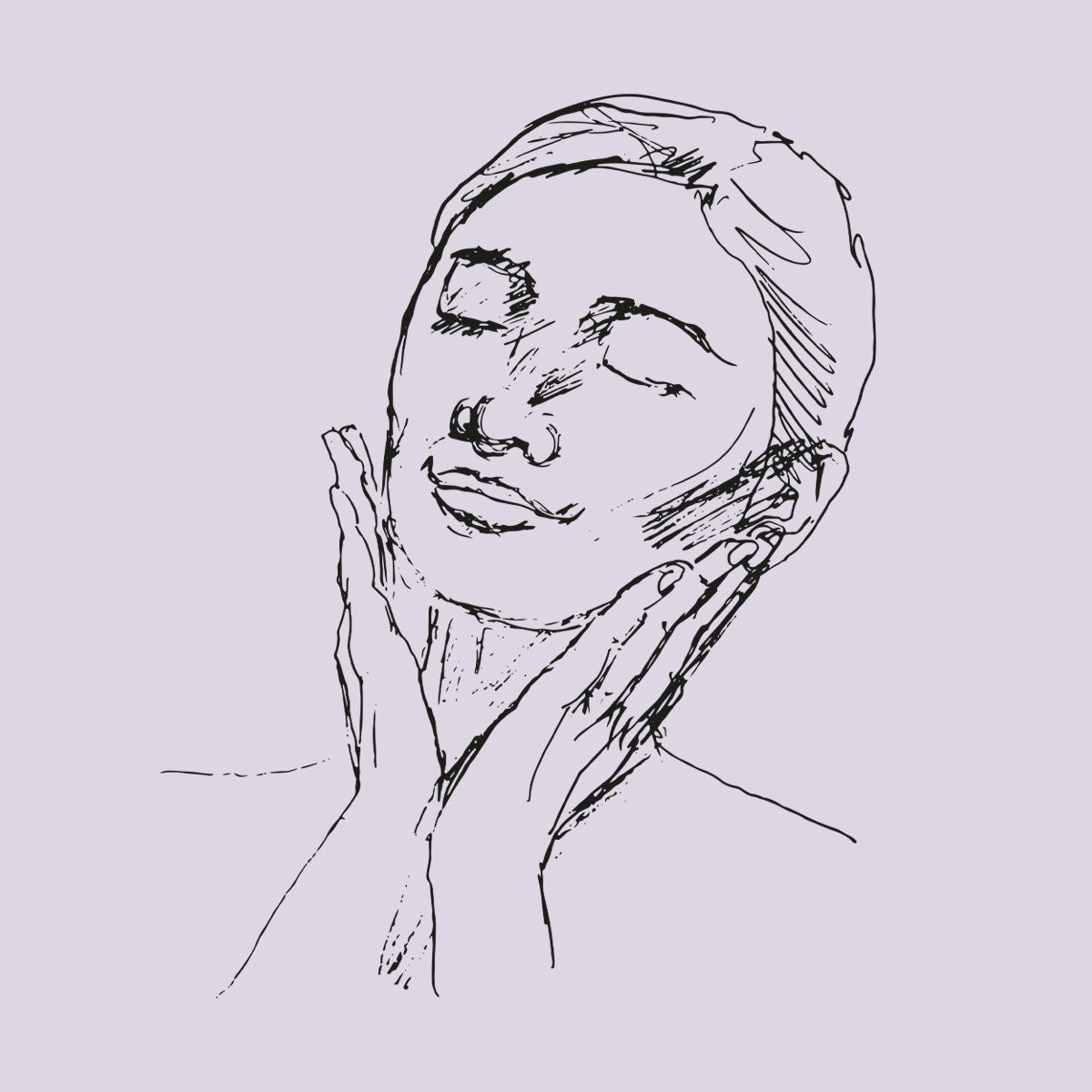
You may have heard about how CBD (cannabidiol) can interact with your body’s endocannabinoid system to potentially help restore balance in a huge range of bodily functions.
You may also have heard anecdotes from friends about the benefits bringing this natural supplement into your life has to offer. But, while fascinating to learn about, you may feel as though none of this has clearly told you how CBD will make you feel and what CBD does. We’re here to fill you in.
In this article we’ll cover:
- How will CBD make me feel?
- How can I start using CBD in the most effective way?
- What does CBD do? How can it affect people in so many different ways?
- Does CBD really relieve pain?
- Is CBD oil addictive?
- Can I drink alcohol while taking CBD?
- Can I take CBD with medication?
- Does CBD have any negative side effects?
- How long will I feel the effect of CBD for?
How will CBD make me feel?
The impact CBD has on the human body is similar for many people, given the way we are mostly all made the same inside. However, the dosage you take, the strain of hemp used in the product, how/where the product is grown, extraction and other ingredients included, not to mention the reason you have chosen to take CBD products in the first place, all make for unique experiences.
As a very simple explanation, you can think of the core effect of CBD as being similar to that you experience when you take something like Paracetamol (Acetaminophen).
When it takes effect the most common experience is a return to a more ‘normal’ balanced state - feeling more like 'you on a good day'.
First and foremost, legal, professionally made CBD products in the UK will not make you feel high. There’s little to no THC present in CBD oil that is sold legally in this country. THC is the psychotropic compound commonly associated with the heady, almost drunk feeling you can get from consuming marijuana.
However, that being said, stronger doses of CBD (1,000mg+, far more than would ever normally be consumed) may make you feel ever-so-slightly light-headed, briefly, as it works its way into your bloodstream and around the receptors in your body.
This is nothing to be concerned about. In fact, this feeling is mostly the result of your own ‘bliss molecule’ - the endocannabinoid called Anandamide - being allowed to flow freely as a result of CBD interacting with your CB1 and CB2 receptors which then changes the shape, blocking Anandamide’s usual spot, while inhibiting the enzyme which would ordinarily break Anandamide down before it has a chance to get around. If THC is also present, this sits tightly in those receptors so there’s no chance of Anandamide settling in, making for even more of that lovely stuff swimming around your system.
But this little ‘rush’ isn’t the case for everyone. Those with acute pain, anxiety or sleep deprivation (to name but a few) often find that all they feel is a sudden sense of equilibrium, perhaps manifested as pain reduction, a wash of soothing calm, or an energy boost.
Interestingly, the same goes for many people using medical marijuana for acute distress, even with higher levels of THC present. Many experts have theorised that this feeling of restored balance may come from the regulation of something called an ‘endocannabinoid deficiency’ – an extremely common problem where our bodies have stopped producing and delivering appropriate amounts of Anandamide and a wide variety of other endocannabinoids, resulting in troubles with many cognitive and physiological processes, such as memory, pain, stress response, and appetite.
A number of factors are thought to cause endocannabinoid deficiency, such as lack of quality sleep, poor diet and chronic stress. CBD products simply help your body return to centre.
How can I start using CBD in the most effective way?

The best way to consumer CBD is often a personal choice. The most common way is to start with CBD oil drops, taken under the tongue. Simply place a few under your tongue and allow to absorb for 90 seconds before swallowing.
It's really important to seek out high a quality product, from a reputable brand where you can be assured that you're getting what's on the label. Ideally a broad spectrum CBD oil, rather than one based on CBD isolate (which is cheaper and so more commonly found in products), so that you also get the benefit of the other minor cannabinoids and terpenes present in the cannabis plant (hemp plant).
Beware brands trying to pass off Hemp Oil as CBD Oil - they are not the same thing! You can read about the Difference between Hemp Oil and CBD Oil here.
KLORIS CBD are one of the most awarded CBD brands, with stringent quality control, found in leading health spas like Six Senses and Bvlgari and are one of the only CBD brands to be recognised under the Medical Cannabis Clinicians Society Criteria For Excellence.
What Does CBD Do? How can it affect people in so many different ways?
Does it seem a little strange to you that some people use CBD to relax while others use it as a pick-me-up? How can the effects of CBD on your feelings be so diverse?
It’s certainly a very special property of CBD products and it comes down to two things:
- Cannabis is pleiotropic, meaning it has many different effects through many molecular pathways and activates or binds to multiple receptors throughout the body.
- Cannabis, although not officially labelled as an adaptogen, contains cannabinoids which work in a typically adaptogenic way, adapting their function depending on what the body needs, be that physical, chemical or biological. Cannabis (and adaptogens such as Ginseng and Reishi mushroom), bring the body back into balance, moderating stress response, lowering inflammation and even enhancing mental performance. What’s more, they can possess opposing qualities, such as being stimulating and relaxing at the same time. Whatever your body needs when the adaptogen gets involved. Amazing, huh?
Does CBD really relieve pain?

Cannabinoids on their own are endlessly captivating – there’s so much we have learned already, yet there is still so much more to discover. But one thing we do know is that it’s how these cannabinoids work in synergy with each other (the entourage effect) and with the endocannabinoid system (ECS) that gives the results people are raving about. Really, they’re just a gentle helping hand to encourage your own body to function just as it should.
The ECS spans the entire body. It’s considered to be one of the most important and complex networks, alongside the Central Nervous System (CNS) and Immune System. The receptors that make up the ECS have even been found within the CNS and Immune System and are now known to regulate mood, pain, inflammation, appetite, coordination among many, many other functions.
Because of this, plenty of CBD users have claimed that they find CBD to be effective when it comes to pain relief, when taken internally, as transdermal patches and also when applied topically, as receptors are also found in almost every skin cell throughout all lipid layers. It’s not possible to make any hard claims as to this yet though.
Is CBD oil addictive?
You may find that once you start taking CBD oil, the change is so wonderful that you’ll not want to be without it! But this isn’t because it’s addictive. It’s just a game-changer. At a molecular level CBD is not in any way addictive and numerous studies have shown this to be the case. In contrast, evidence suggests that CBD may actually help combat existing addiction to substances such as tobacco, alcohol and even opioids.
One week-long 2013 study published in the Addictive Behaviours journal found that participants given a CBD inhaler to use every time they felt the need to smoke reduced their number of cigarettes by 40%, while those with the placebo showed no notable difference.
Another 2019 study published in the American Journal of Psychiatry observed the effects of treating long-term heroin users with CBD. The 42 subjects were split into three groups, one had 400mg of CBD administered, the second were given 800mg and the third received a placebo. The results showed that those who used CBD experienced significantly less cravings and anxiety induced by the drug cues.
Can I drink alcohol while taking CBD?
Mixing cannabis with alcohol is usually a no-no, as many a teenager will attest to, however, this is not the case when it comes to low-THC or THC-free CBD products.
Where marijuana with booze might leave you feeling very much worse for wear, CBD is actually thought to have the opposite effect by soothing alcohol induced depression and anxiety for a far more relaxed buzz. Better still, the negative side effects of drinking could be somewhat cushioned by including CBD in your tipple.
One 2013 study in the journal of Pharmacology Biochemistry and Behaviour, found that CBD reduces the neurodegeneration drinking can cause, while another 2014 study published in the journal of Free Radical Biology and Medicine revealed that CBD protects the liver by inhibiting oxidative stress and increasing the destruction of damaged cells.
This, blended with everything else CBD helps your body do, could not only make for a more enjoyable night, but a more bearable morning after too.
Can I take CBD with medication?
There is still so much to learn about CBD and this is one area that is crying out for attention - the reason for this being that the potential CBD has for those on medication could possibly be great, or not good at all.
Cannabidiol (and cannabis, including THC and all other cannabinoids) has a fantastic safety record as a food supplement, even in high doses. Unlike many pharmaceutical medications there’s no chance of serious harm if you take a little more than you mean to. However, some studies have indicated that CBD has the ability to block a family of enzymes called cytochrome P450, which are responsible for metabolising (and therefore eliminating) 70% to 80% of pharmaceutical drugs in the liver.
If enough research is done and safety measures are put into place, this could open up the possibility of patients being able to take much lower doses of their medication when used alongside CBD oil. But it could also indicate build up of pharmaceutical chemicals in your system, which may end being very toxic.
Until we know more, it’s best to err on the side of caution. And of course, always consult a medical professional for their expert advice.
Does CBD oil have any negative side effects?
A huge and ever-increasing number of studies looking into cannabidiol are now (thankfully and finally!) being published on a yearly basis, and the vast majority of them are pointing towards CBD being a pretty amazing thing in almost all respects. But as this is still a relatively new science (the ECS was only discovered in the 90s after all) and widespread use of concentrated CBD is a recent thing, we are always learning.
So far, the World Health Organisation deems CBD as perfectly safe, without risk of dependency or abuse and full of promise for a wide range of medical uses.
The only clinical trial showing negative side effects has been through using extremely high doses of Epidiolex, an FDA-approved CBD prescription medication. This looked at daily doses equivalent to 1,360 mg (more than an entire bottle of most CBD products) and even that exhibited mild symptoms such as dry mouth, decreased appetite and gastrointestinal distress.
That being said, it is vitally important to be wary of poor quality, unregulated CBD products. When purchasing CBD, always look for organic growing methods and transparent lab reports to ensure you are only ever putting the very best ingredients into your body.
How long will I feel the effect of CBD for?
You're probably wondering how long does CBD last - this mostly depends on what form of CBD you take (i.e. oil, capsules, vapes, edibles etc). Vaping CBD or using cbd oil drops sublingually (under the tongue) ensures the CBD enters your bloodstream fast, and you’ll start to feel the effects within 5-10 minutes. Capsules and edibles take much longer to get to work (up to 90 minutes) and, due to having to go via your digestive system, will end up having lower bioavailability too (so you need to take much more to have the same effect). But they’re great for a slow, steady, accumulative build up.
Once CBD is in your system, however it gets there, it will reach what’s known as ‘elimination half-life’ (the time it takes to reach half the dosage in your body) in 18 to 32 hours. But you won’t feel it as strongly during this whole time as you do when it first gets going (what’s called ‘active life’), even though those lovely cannabinoids will still be subtly working away.
How can I make sure I get the best CBD?
Knowing which are the best CBD products to try can be a confusing task, but there are a few easy things to check:
- Make sure the source of the CBD is clearly labelled as hemp, or Cannabis Sativa L. This form of the cannabis plant is naturally low in THC and is the only legal source of CBD for non-medicinal products in the UK and Europe.
- Ingestible products like CBD oil should ideally be made from broad spectrum CBD extract, meaning that there are other minor compounds present, as naturally found in the hemp plant. There is growing evidence to suggest this more natural form is more beneficial than 'purified' CBD isolate.
- Ensure that there are current laboratory analysis reports (sometimes called Certificates of Analysis, or COAs) available for your products. These should show the levels of CBD, THC and other cannabinoids. If the certificates don't show the company name and a batch number that matches your product, or are more than a year old, be wary.
- Organic is always better. Hemp plants are very good at sucking up toxins from the soil.
- Look for well known third party accreditations, reviews and awards that show the brand is legitimate.
 |
Medically reviewed for KLORIS by Sarah Neidler, PhD |






